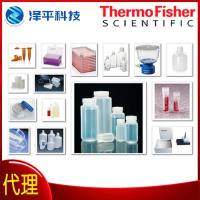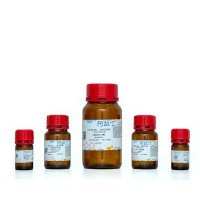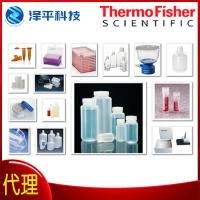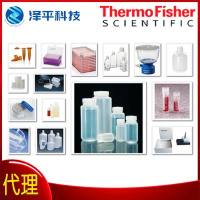Translation of Biomarkers into Clinical Utility
互联网
398
Biomarkers are an integral part of a successful clinical drug development strategy and the associated commercialization of drug development programs. Biomarkers are used as necessary and as they are available to optimize drug development in early and late stage clinical trials. Achieving the full value of biomarkers hinges on the ability to successfully translate them for clinical use. Translation involves validation of the biomarker assay, as well as qualification of the biomarker with its intended clinical endpoint. Biomarkers must be planned and developed in a timely fashion, in order to meet the needs of clinical drug development and product approval as appropriate. Biomarkers come in many flavors, based on their intended use during early or late stage clinical development. Pharmacodynamic biomarkers and disease-related biomarkers may be used in early clinical development to optimize go/no-go decisions and to aid in appropriate dose and/or schedule selection. Disease-related biomarkers and pharmacogenomic biomarkers may be used to optimize later clinical development by facilitating the recognition of more homogeneous patient populations. Furthermore, biomarker research may be performed during clinical trials to optimize the development of future products or to identify markers that can enhance the commercial value of current products post-launch. The implementation of biomarkers into clinical development strategies should lead to more efficient drug development and improve the benefit-to-risk ratio for patients.








